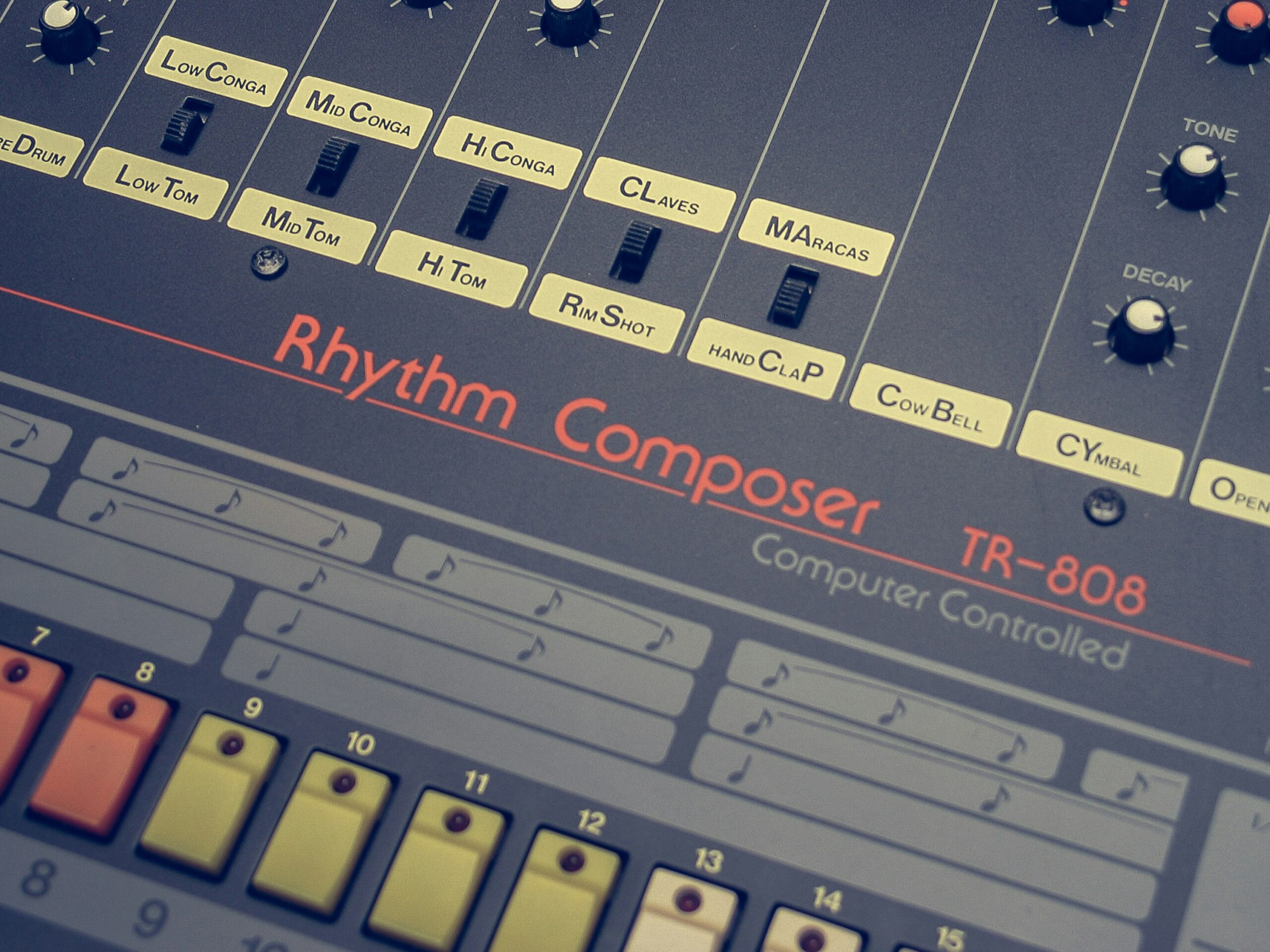
Songwriting is an art form that blends creativity, emotion, and technical skill. Whether you’re a budding musician or a seasoned performer looking to improve your craft, understanding the fundamental songwriting techniques can make all the difference in producing memorable songs. For beginners, mastering these techniques is key to developing your unique style and finding success in your songwriting journey. Here are some essential techniques every beginner should master.
Start with a Hook
The hook is the heart of any song. It’s the part that grabs attention and makes the song unforgettable. Most successful songs have a memorable chorus or lyrical phrase that listeners can’t help but sing along to. When starting, focus on crafting a strong hook early in your process. This could be a catchy melody, a standout lyric, or a unique rhythm. A hook can appear in the chorus, the intro, or the bridge, but it should always stick with your audience.
Use Simple Chord Progressions
While advanced chord structures and complex progressions can sound impressive, they’re not always necessary, especially when just starting. Simple, common chord progressions like C-G-Am-F or G-D-Em-C are timeless and form the backbone of many hit songs. Learning to write catchy melodies over these simple progressions will help you focus on crafting lyrics and finding your song’s emotional core without getting bogged down in musical complexity. As you grow more confident in your songwriting, you can experiment with more complex chords and alternate progressions.
Focus on Song Structure
Most songs follow a recognizable structure, and understanding this structure is crucial for crafting cohesive songs. The typical song structure includes the verse, chorus, and bridge, often in the order of Verse-Chorus-Verse-Chorus-Bridge-Chorus. Each section serves a purpose: the verse builds the story, the chorus delivers the emotional climax, and the bridge offers a change of pace before returning to the final chorus. By adhering to this structure, beginners can create songs that flow naturally and engage the listener throughout.
Write from Personal Experience
Authenticity resonates with listeners, and one of the best ways to ensure your lyrics connect is by writing from personal experience. Don’t be afraid to share your emotions about love, loss, joy, or struggle. Songwriting allows you to express what you’re feeling in a way accessible to others. Even if you’re not writing about your own life directly, using real-life situations and emotions as a foundation will give your song depth and sincerity.
Experiment with Rhyme Schemes
Rhyme schemes can make your lyrics more rhythmic and memorable. While there’s no one-size-fits-all approach, experimenting with different patterns can help you find the best fit for your song. Start with simple rhyming couplets (AABB), or try an ABAB scheme for more variety. As you become more confident, explore complex schemes like ABCB or even internal rhymes, where the rhyming words appear within a line. The key is to experiment and find a style that complements the mood of your song.
Build Strong Melodies
The melody is often what defines a song in the listener’s mind. A strong melody can elevate even the most basic lyrics, whether it’s soaring and emotional or simple and catchy. Try singing different phrases over your chord progression to see what feels natural when crafting your melody. Play around with intervals and rhythms, and don’t be afraid to vary the melody between verses and choruses to keep things interesting. The melody should complement the lyrics’ emotion and the song’s overall feel.
Use Dynamics to Create Contrast
Dynamics—variations in loudness and intensity—are powerful tools in songwriting that can help emphasize certain sections of your song. For example, a quiet, intimate verse followed by a loud, energetic chorus can create a dramatic contrast that keeps the listener engaged. By varying the dynamics throughout the song, you can build tension, highlight emotional moments, and make your song feel more dynamic. Experiment with different intensity levels in your instrumentation and vocal delivery to add layers of emotion to your music.
Edit and Revise
Songwriting is rarely a one-and-done process. Most successful songs go through multiple revisions before they reach their final form. After you’ve written your first draft, take the time to step back and evaluate your work. Is the hook strong enough? Do the verses build to the chorus compellingly? Are the lyrics explicit and effective? Editing is where the magic happens—don’t be afraid to throw out lines, change melodies, or rework sections until the song feels right. This process is essential for turning a good song into a great one.
Collaborate with Others
While songwriting can be solitary, collaborating with other musicians or songwriters can offer fresh perspectives and ideas. Whether you’re working with a band, a co-writer, or a producer, collaboration can help you push your creative boundaries and refine your sound. Don’t be afraid to seek feedback and be open to constructive criticism. Working with others can lead to new opportunities and inspire you to approach your songwriting differently.
Listen to a Wide Range of Music
As a beginner, it’s easy to get caught up in writing within one genre or style. However, listening to a wide variety of music—across genres, cultures, and periods—can provide invaluable inspiration. Notice how different artists use melodies, rhythms, and lyrics to convey emotion. You might discover techniques or ideas that resonate with you and inspire your songwriting. The more you listen, the more you’ll develop your ear for song structure, melody, and lyrical style.
Songwriting is both a creative and technical endeavor; mastering the basics will provide a strong foundation for your craft. By focusing on techniques like crafting strong hooks, using simple chord progressions, and experimenting with melodies and rhyme schemes, beginners can create engaging and memorable songs. As you continue to write, don’t forget to edit, collaborate, and seek inspiration from various music to refine your voice. You’ll be well on your way to becoming a skilled songwriter with practice and dedication.